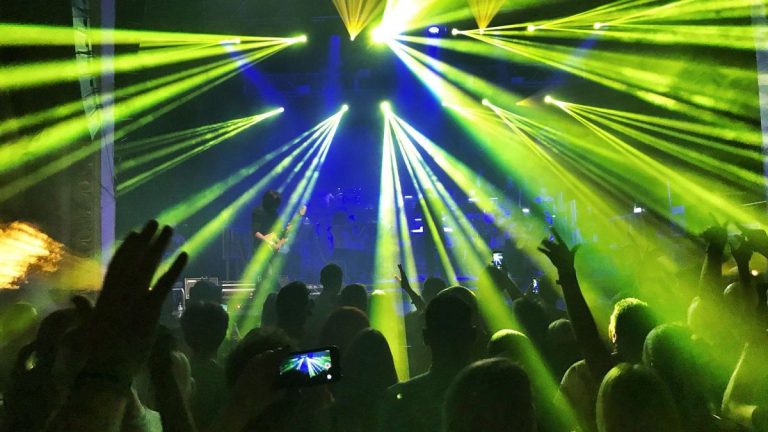Berlin's unique club culture has been honored by the German National Register, along with five other German traditions.
Naysayers, rejoice. Berlin's techno music scene is listed in the German National Register of Intangible Cultural Heritage, along with five other German traditions.
“The National Inventory of Intangible Cultural Heritage describes the traditions and living cultural expressions practiced and transmitted in Germany. It recognizes creative and diverse cultural expressions and the wealth of traditional knowledge they contain,” the German Commission for UNESCO website says.
These latest additions now bring a total of 150 cultural heritage entries in Germany.
“Major teacher”
The German capital has long been known for its vibrant techno club scene, which emerged in the early 1990s and signified resilience and a return to optimism after the fall of the Berlin Wall.
“In the years after reunification, a third of East Berlin was empty,” says Tobias Rapp, a cultural writer and author. He told NPR.
“There was no one living there. It was a ghost town. So, we took up places for young people like me and others. You have an empty warehouse or an old empty factory, you walk in and you sit in it, and you say, 'This is ours.' “And you have this huge space and you say, 'What can I do with this?'” He added, “You're having a party.”
No matter the crisis, Berliners know that dance is the answer.
However, in recent years, the city's night-time lighting sector has faced increasing difficulties due to the COVID-19 pandemic, rising costs and stagnant wages.
A non-profit company called Rave the Planet has been leading the campaign for Berlin's techno music scene to join UNESCO, organizing dedicated concerts in 2022 and 2023.
“Congratulations to all the cultural creators who have shaped and contributed to Berlin’s techno culture,” they said in a statement on social media. “This is a major milestone for the entire culture, and our joy cannot be described in words.”
“The recognition of Berlin’s techno culture as a UNESCO World Heritage Site is another milestone for techno producers, artists, club operators and event organizers in Berlin,” Clubcommission Berlin said.
“The decision will help us recognize club culture as a valuable, protective and promotional department. While opera houses, theaters and concert halls have long been recognized as part of culture, music clubs struggle to be considered, certainly, a complete entity.” They added that this is an integral part of the culture.
Being considered part of UNESCO's cultural heritage will allow Berlin's techno clubs to receive more government funding and support, along with additional protection under planning laws.
What other German traditions have been added?
Mountaineering in Saxony
One of the most historically significant areas for climbers, its addition to the list honors the all-inclusive outdoor “boofen” AKA accommodation for climbers and campers to sleep in.
Finsterwald singing tradition
Traditional three- to four-part a cappella singing has become an important form of expression within the city of Brandenburg.
Kirchsonner Berchtenlauf
Creepy but kind of beautiful? This winter show in Bavaria features a parade of people dressed in furry monster costumes, which are considered to bring good luck!
White Schwalm
A traditional stitching technique in which delicate white motifs are embroidered on light, tightly woven linen.
Phys
A sweet cider that can also be made from pears and quince. Its cultivation “enhances biodiversity and shapes the cultural landscape of the Franconian-speaking Moselle region,” according to the UNESCO commission.

